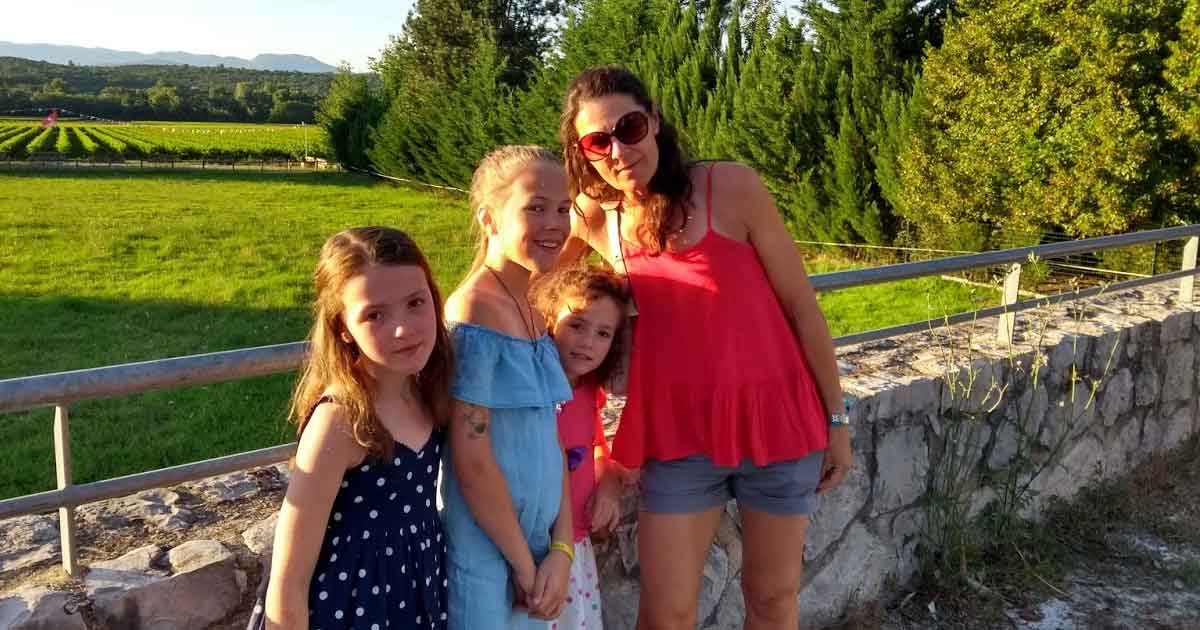What does balance mean to you? So often through my life balance has seemed an unattainable fantasy, prompting images of a Buddha floating on a cloud; serene, imperturbable. So many areas in our lives require this elusive balance; work/life, emotions, partner/kids, serving others/nurturing the self. It wasn’t until I came to yoga in my early twenties that I even really understood that finding the still point could be made possible at any time, in any place. That it is not necessarily about changing what is happening, but responding to what already is.
There are many therapies and practises that can bring us to balance to an area of our lives, with many labels and qualifications that can be obtained in these disciplines. All of them come back to two specific disciplines however, those of mindfulness and detachment.
Mindfulness is a very popular term right now and not without reason. It is not a fad but something that has been practised for thousands of years. It is simply the process of being consciously aware of something. When taken into practise; focusing that awareness on the present moment, accepting what is as it is noticed or manifested in the body/mind/emotions.
Detachment can be a scary word. Many of us may have experienced a detached parent as a very damaging influence onTo Achieve our lives. However, detachment in spiritual practise keeps a balance (that word again) between detachment, (from activity inside and outside us), and compassion through which we can choose an action if action is called for, rather than reacting in an uncontrolled, unstudied manner. Imagine the persistent disrespectful behaviour of a child causing the long-suffering parent to explode in a rage of yelling. Regret always follows, and in our adult relationships we create a culture of blaming others due to our feelings of regret: you made me do this by not doing that; your actions are making me behave in a way that is ruining our relationship. Blame is an endless cycle.
It is pretty difficult to inject these principles suddenly into our lives. As with any new habit the mind takes time to accept the new way of working. We can practise this in our relationships with ourselves and others if we want to create more balance and harmony in our lives. Fortunately those who practise Yoga asana have a fantastic fertile practise ground where we can cultivate these habits internally through our bodies. In time these will start to spill over gloriously into other areas of our lives.
I recently wrote an article on listening to your body and this really is mindfulness in your practise. Detachment can seem more difficult as immediate physical discomfort should not be ignored. However, we begin to notice as we observe our bodies’ responses to the asanas when we can go a little further, hold a little longer, breathe through and gain a deeper release as the body lets go.
I tend to be more flexible than I am strong, revelling in the floor work with its infinite extensions. I know however that overemphasis on flexibility and transforming myself into a human pretzel will leave my body unstable and place too much strain on my already hyper-flexible joints. Through mindfulness and detachment from my desire to achieve certain poses I have slowed my physical progress in some ways, but it has been revelation after revelation in terms of my mental progress in yoga as a whole. I can live with this. I can also live without the injuries I may have experienced if I had forced progress at a time when my body was still adjusting.
My golden rules for balance therefore are:
- Listen to your body
- Breathe. Before, during and after… everything!
- Use compassion and your wisdom and experience to asses how you should respond to what your body is saying
- Have physical goals if you wish, but be detached from the outcome. For example if you want to be able to reach your toes easily in a forward bend within 6 months but it doesn’t happen, be kind to yourself, let go of the goal and set a new one, perhaps with smaller steps along the way
- Rejoice in small achievements
- If you’re not sure if you should do something or not, take a moment in child’s pose. No teacher will criticise the strength in a personal pause for reflection, and the challenging pose will still be there tomorrow
- Spill your yoga practise into your life with abandon! I am not suggesting you do standing split at the bus stop (unless you want to and you are mindful of your fellow bus travellers) but bring your awareness out of the studio and into your ‘real world’ situations. Those few hours of practise a week are a blessed treasure trove of trial runs for every situation in your life. Start to see them that way and see what happens!




Leave A Comment